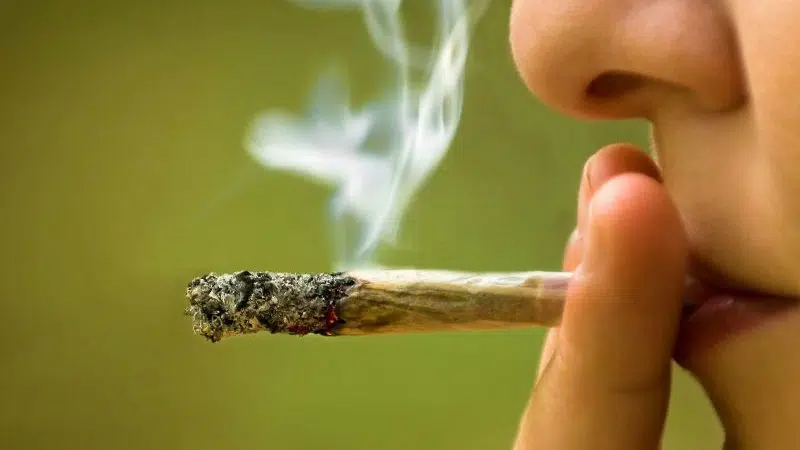SPRINGFIELD, Ill. (AP) – When lawmakers crafted the law legalizing marijuana in Illinois, they tried to make sure it would right what many see as past wrongs linked to the drug.
In addition to expunging hundreds of thousands of criminal records for marijuana arrests and convictions, the law’s architects added provisions meant to benefit communities that have been the most adversely affected by law enforcement’s efforts to combat the drug.
The so-called social equity provisions are expected to help black applicants, in particular, as blacks are nearly four times as likely as whites to be arrested for marijuana, the American Civil Liberties Union found.
The law, which takes effect Jan. 1, also established ways for qualified applicants to pay lower licensing fees and get business loans and technical assistance. And it earmarked part of marijuana sales revenue for neighborhood development grants.






